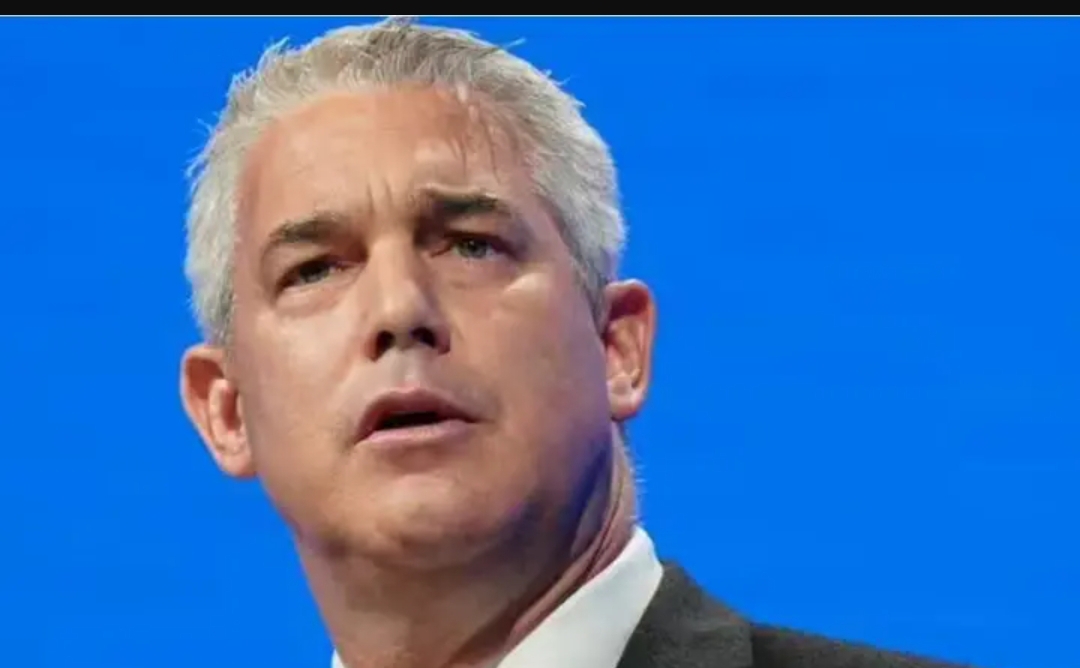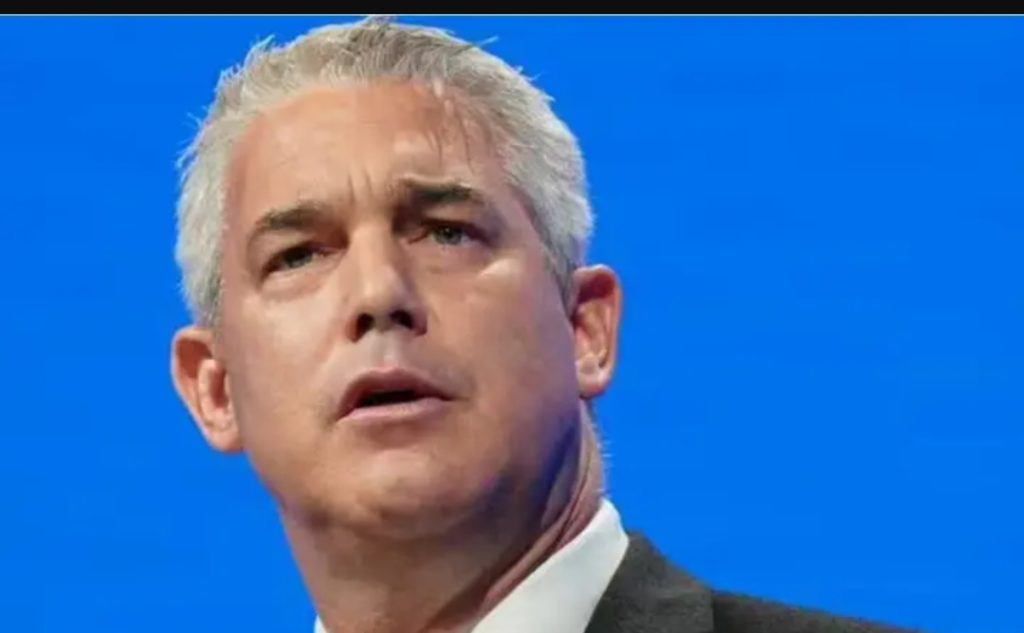
The Conservative government has announced a radical overhaul of the sick-note regime, aiming to get more people back into the workforce and reduce the benefits bill.
According to a report by Express on Sunday, October 8, 2023, the plan has sparked criticism from Labour and some medical groups, who fear it will undermine the role of GPs and put vulnerable people at risk.

The reform, which is being drafted by Work and Pensions Secretary Mel Stride and Health Secretary Steve Barclay, would end the practice of GPs being the first point of contact for patients seeking a “fit note” that sets out their ability or inability to work.
Instead, other medics or welfare officials could form a triage system to assess the patients’ conditions and offer them health and work support.
The government argues that this would help people with problems like mental health issues, who are often signed off by GPs when they could be treated and helped. A “treat-them-first” approach would be introduced, amid fears that doctors under time pressures are diagnosing people “as being unfit for any work whatsoever” in nine out of 10 cases.
Chancellor Jeremy Hunt said that welfare claimants who will not even look for work “do not deserve” the same payments as people trying hard to do the right thing. He said he wants to reform the welfare system to stop shirkers who are capable of working but choose a life on benefits from exploiting the process². He also pledged to make benefit sanctions even stricter and to tackle the court backlogs that delay the appeals of those who challenge the decisions.
However, Labour’s Shadow Work and Pensions Secretary Liz Kendall did not explicitly condemn the sanctions proposals, but stressed that Labour “believes in responsibility: that those who can work, should work and take jobs when they are offered”. She also said that government has a duty to create “real opportunity” and to bring the benefits bill down by growing the economy, making work pay and reforming social security.
Some medical groups have expressed concern over the plan, saying that it would undermine the trust between patients and GPs, and that it could put vulnerable people at risk of being pressured into work that is unsuitable for them.
The British Medical Association (BMA) said that GPs are best placed to assess their patients’ health and work capacity, and that any changes should be based on evidence and consultation.
The Royal College of General Practitioners (RCGP) said that GPs already have a role in supporting patients to return to work when appropriate, and that any new system should not compromise their clinical judgement or patient care.
The government has not yet revealed when the reform will be implemented or how much it will cost. It is expected to face opposition from some Tory backbenchers, who fear it could alienate their core voters. The plan is also likely to face legal challenges from human rights groups and disability campaigners, who have previously accused the government of discriminating against people with long-term health conditions and disabilities.




